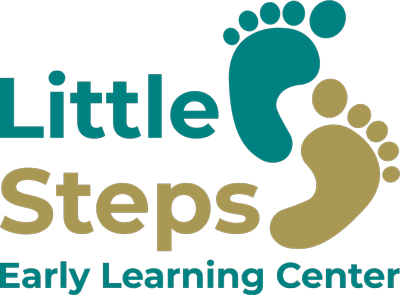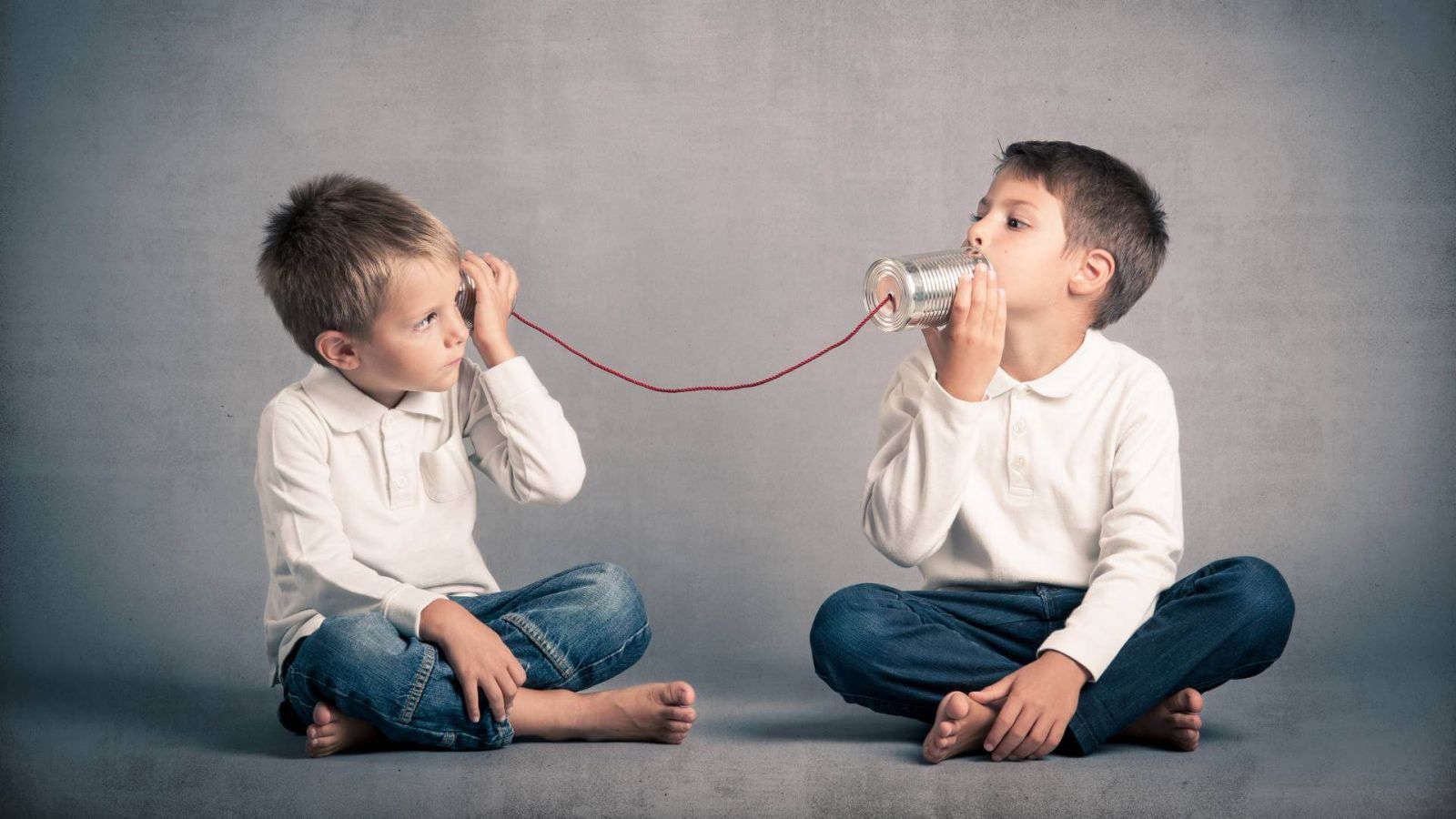The early years of a child's life are an incredible period of discovery, growth, and development. During this formative time, children engage in a myriad of experiences that shape their understanding of the world. Among the most vital avenues for learning during these foundational years is preschool education, where the concept of learning through play and exploration takes center stage.
The Power of Play in Early Childhood Education
Play is a fundamental aspect of childhood. It's not just a source of joy and entertainment; it's a powerful tool for learning. In a preschool setting, play is the cornerstone of education, serving as a vehicle for exploration, imagination, and skill development.
Cognitive Development
Play-based learning fosters cognitive development by encouraging children to solve problems, make decisions, and explore cause-and-effect relationships. Whether engaged in building blocks, puzzles, or pretend play, children exercise their cognitive abilities, enhancing critical thinking and problem-solving skills.
Social and Emotional Skills
Through play, children learn valuable social and emotional skills. They navigate social interactions, practice empathy, and learn to cooperate and negotiate with their peers. Play scenarios allow them to express emotions, understand others' perspectives, and develop resilience.
Language and Communication
Play provides an organic platform for language development. Whether engaging in dramatic play, storytelling, or group activities, children learn to communicate effectively, expanding their vocabulary and honing their language skills.
Motor Skills Development
Physical play, such as running, jumping, climbing, and manipulating objects, contributes to the development of gross and fine motor skills. These skills are crucial for later academic success and overall physical well-being.
The Role of Exploration in Learning
Exploration is an integral part of the learning process. Preschool environments are designed to encourage exploration, allowing children to investigate, inquire, and discover.
Hands-On Learning
Hands-on exploration enables children to interact with their environment, fostering curiosity and a deeper understanding of concepts. Science experiments, nature walks, and sensory activities engage their senses and promote experiential learning.
Encouraging Curiosity
Preschool educators embrace children's natural curiosity, encouraging them to ask questions, seek answers, and explore their interests. This approach nurtures a love for learning and instills a sense of wonder about the world.
Learning from the Environment
Preschool adventures often extend beyond the classroom, with field trips and outdoor activities providing opportunities for real-world learning. Visiting museums, parks, and community spaces enriches children's understanding of diverse subjects.
Implementing Play and Exploration in Preschool Education
The integration of play and exploration into preschool education requires a thoughtful approach from educators and caregivers.
Creating Stimulating Environments
Preschool settings should be rich in diverse materials and spaces that stimulate curiosity and creativity. A mix of open-ended toys, art supplies, books, and outdoor play areas fosters a conducive environment for exploration.
Supportive Adult Guidance
Educators play a pivotal role in facilitating play-based learning experiences. They act as guides, observing children's interests, extending their play, asking open-ended questions, and scaffolding learning experiences.
Embracing Child-Led Learning
Allowing children to take the lead in their learning fosters independence and a sense of ownership. Educators follow the children's cues, adapting lessons and activities to align with their interests and developmental stages.
Balancing Structure and Freedom
While promoting exploration and play, it's essential to strike a balance between structured activities and free play. A blend of both provides opportunities for skill-building, creativity, and self-directed learning.
The Impact of Preschool Adventures
Preschool experiences centered around play and exploration have a profound impact on a child's overall development. They not only lay the foundation for academic success but also shape essential life skills.
Academic Readiness
Children who engage in play-based learning tend to develop a strong foundation in literacy, numeracy, and critical thinking skills, setting them up for success as they progress through their academic journey.
Social and Emotional Well-being
Preschool adventures promote social skills like cooperation, empathy, and conflict resolution, fostering positive relationships with peers and adults. They also contribute to emotional regulation and resilience.
Lifelong Love for Learning
Perhaps most importantly, a preschool education focused on play and exploration nurtures a lifelong love for learning. Children develop a positive attitude toward education, curiosity, and the confidence to explore new ideas and concepts.
Preschool adventures centered on learning through play and exploration provide a fertile ground for children's holistic development. Through play, children develop crucial skills and knowledge that serve as the building blocks for their future success. By embracing exploration and fostering a playful learning environment, educators and caregivers create a foundation upon which children can thrive, grow, and discover their unique potential. Preschool adventures are not just a gateway to education; they are a celebration of childhood and the joy of discovery.


